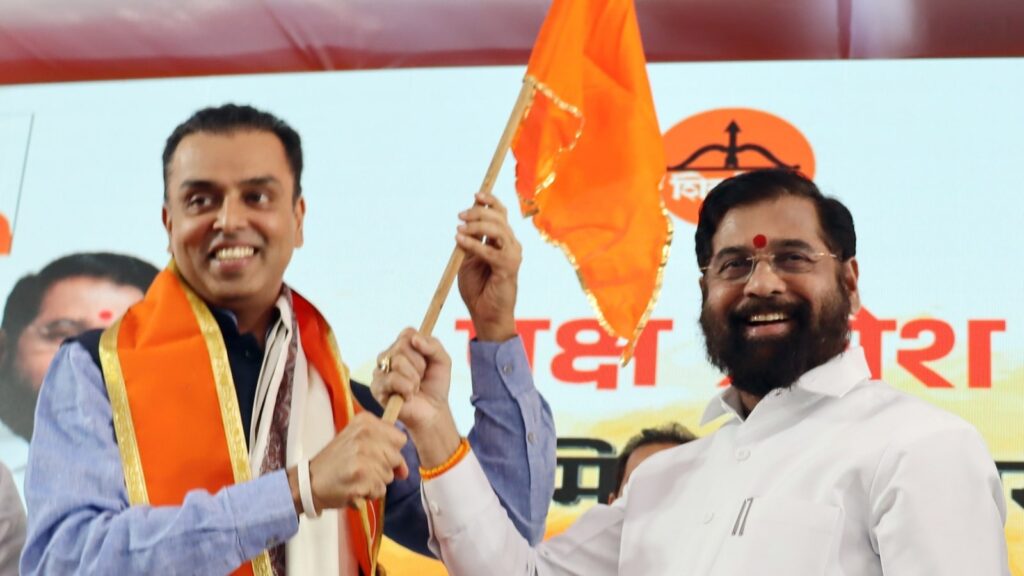Tweeting his resignation from the Congress party, Milind Deora, two-time MP from South Mumbai Lok Sabha constituency, spoke about being neglected in a party that was drifting. The party sought to explain away the resignation as inconsequential. The fact is the Deora family, with close links to businesses and influential people, was the face of the Congress in South Mumbai for years — Milind and his father Murli Deora, were the Congress candidates in the past ten general elections. The Congress may do well to reflect on one statement of Deora: “When Manmohan Singh was the finance minister 30 years ago, the Congress party ushered in economic reforms, but now it is abusing industrialists and businessmen…” It may well be that Deora was forced to look beyond the Congress since it looked unlikely that he would get the ticket for the “family seat” of South Mumbai since the Shiv Sena-UBT, which won the seat in 2014 and 2019, is now a constituent of the Maha Vikas Aghadi, in which both the parties are present. This is a predicament many Congress leaders may face if the 28-party INDIA bloc achieves a seat deal. In that case, the party may contest less than 300 seats and support allies in the rest: In 2019, the Congress had candidates in 421 constituencies.
There is, however, a larger crisis in the Congress that Deora has rightly flagged — the leadership in Maharashtra. Once a party stronghold, the Congress has been losing ground in the state since Sharad Pawar split the party and floated the NCP. With no commanding leader like Yashwantrao Chavan or Pawar to helm the organisation, the party has been reduced to a coalition of factions, often working at cross purposes. Meanwhile, the splits in the NCP and Shiv Sena may have opened up the political space in Maharashtra, which sends 48 MPs to the Lok Sabha — but Deora’s exit reveals that the Congress is far from being in a position to exploit it.

